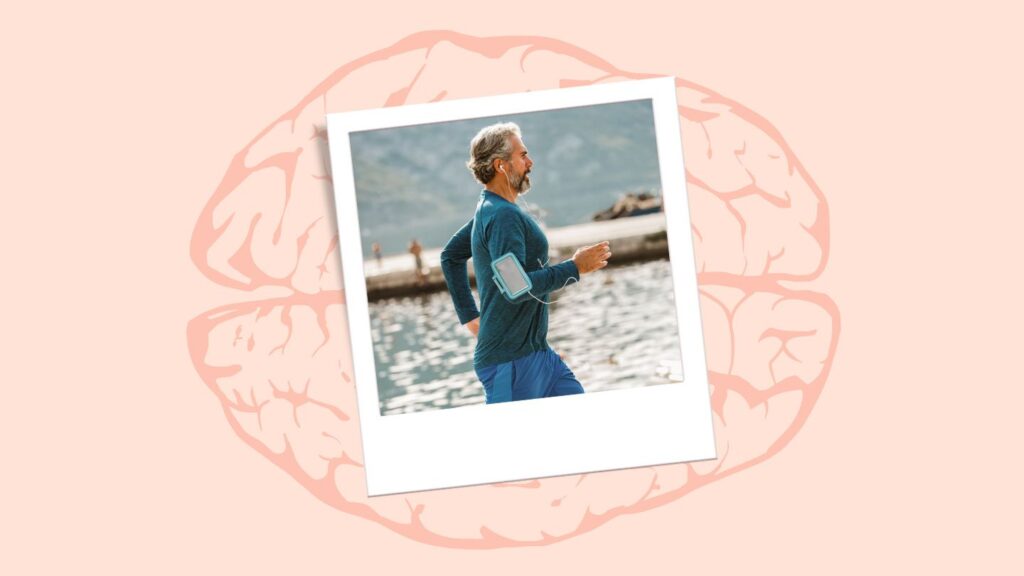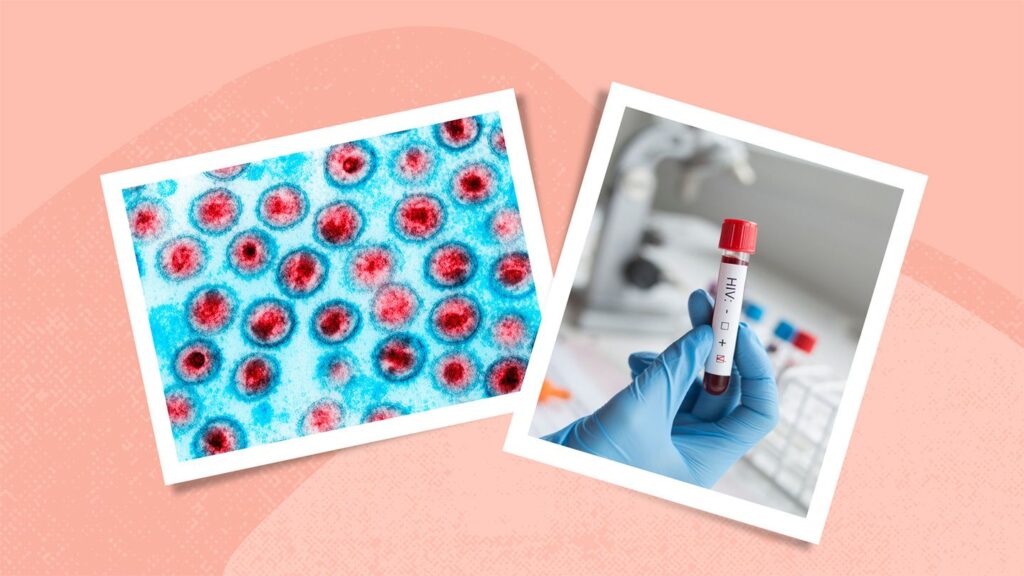The muscles of your upper and lower legs allow you to stand, walk, jump, and do other leg movements. Each muscle is made up of fibers that alternately contract and relax to make your legs move. A cramp is a sudden, involuntary tightening (contraction) of a single muscle or muscle group, often in the calf. It can last anywhere from a few seconds to a few minutes.
Certain medical conditions and medications can make you more likely to have leg cramps. Diabetes, nutrient deficiencies, and blood flow problems are all possible causes.
Dehydration, Electrolyte Imbalance, and Leg Cramps
Dehydration (having too little fluid in your body) can cause leg cramps by altering your blood flow and the level of electrolytes in your body.
Electrolytes are minerals like sodium, potassium, and calcium that give off an electric charge when they’re dissolved in body fluids like blood and urine. Your muscles need electrolytes to contract and relax. Dehydration as a result of excessive sweating, vomiting, or diarrhea may cause you to lose too many electrolytes, leading to muscle cramps and spasms.
The following signs indicate that you might be dehydrated:
- Thirst
- Dark urine or less urine than usual
- Dry lips and skin
- Headaches
- Tiredness
- Dizziness or fainting
- Heart palpitations or a high heart rate
Drinking a lot of water when you’re dehydrated might actually make cramps worse by diluting the sodium in your body. According to a study in BMJ Open Sport & Exercise Medicine, it may be better to drink an electrolyte solution to rehydrate without lowering the level of sodium.
Diabetes and Leg Cramps
Half or more of people with type 2 diabetes experience muscle cramps, and their pain is more severe than people without diabetes, according to a study in Diabetes, Metabolic Syndrome and Obesity. Researchers don’t know exactly what causes the cramps, but they suspect the disease may damage small blood vessels and prevent enough blood from reaching the muscles.
Maintaining healthy muscles is just one of many reasons to manage your blood sugar with diet, exercise, and if you need it, medication. Consistently high blood sugar levels can damage your heart, nerves, kidneys, eyes, and feet.
Leg Cramps During Pregnancy
Leg cramps are a common problem during pregnancy. Up to half of pregnant women get them, especially during the third trimester, according to a Cochrane Database review. Often the cramps happen at night, and they can disrupt sleep. Experts don’t know the exact cause, but electrolyte imbalances, vitamin deficiencies, or changes in blood flow that occur during pregnancy may be involved.
Staying hydrated by drinking extra water and stretching your calf muscles before bed might help prevent leg cramps during pregnancy.
Try to get enough nutrients like magnesium and calcium from foods like avocados, nuts, cheese, and salmon. In some studies, women reported fewer leg cramps after taking magnesium or calcium supplements, although other studies didn’t find any benefit.
These supplements won’t harm the baby, but magnesium supplements could give you side effects like gas, diarrhea, and nausea.
Cramps From Medication Side Effects
Leg cramps can be a side effect of medications that treat high cholesterol, depression, anxiety, and pain. These medicines are among those that cause leg cramps:
If you are taking one of these medicines and experience cramps as a side effect, talk to your healthcare provider. They may be able to change the dose or switch you to another medication that doesn’t cause this side effect.



